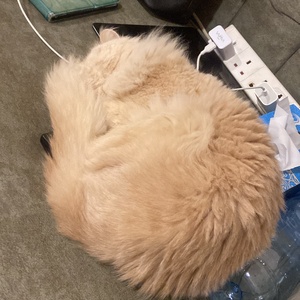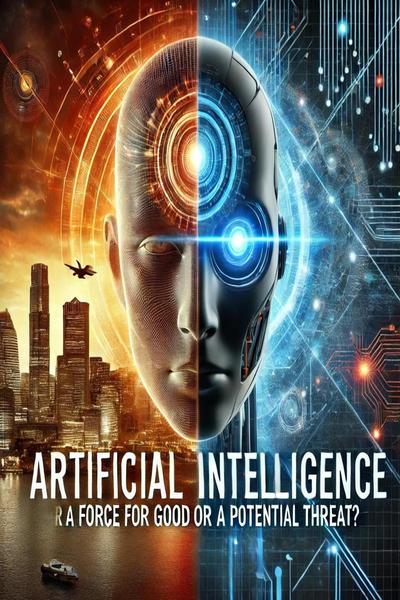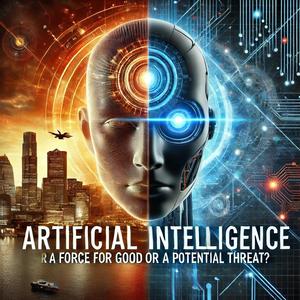Artificial Intelligence has taken over and has shaped the face of modern society. The 2024 fantasy, long dreamt of by people, involved flying cars and talking robots; reality took a different turn, though amazingly so. The flying car is still in the future, while robotics, at the frontline driven by Elon Musk of Tesla, is bringing talking robots into reality with each passing day. Meanwhile, AI technology has surged ahead, with pathbreaking creations such as ChatGPT taking center stage. ChatGPT burst into the scene as a game-changing AI tool that could write, teach, and even help build projects. The versatility of this tool has made it invaluable in fields such as education and business. However, like any strong technology, it comes with its benefits and risks.
Initially, ChatGPT was hugely criticized due to ethical issues. When it was launched, some of its users misused the system by commanding it to provide instructions regarding illegal activities, like making harmful substances or weapons. The earlier version of this chatbot sometimes responded to such questions, which ring an alarm regarding its hazards. Fortunately, these loopholes were soon patched up, and the developers made stricter measures to avoid any misuse.
Besides those very early issues, ChatGPT created other debates that concerned academic integrity. It empowered students on one hand by offering clear explanations and teaching them in ways that were effective, often more so than the traditional methods. Students with bad subjects, like mathematics, found that ChatGPT explained in a way that their understanding was enhanced and started getting better scores in the physical exams, feeling confident in knowledge. While assignments and research papers, on the other hand, proved to be a big problem in how easily they were done through AI. So, ChatGPT came to use by students with many for cheating through all their terms without learning one thing. This then raised a challenge for educators-with academic integrity compromised, how can final exams be taken online without any effective proctoring? Indeed, this became a potential worry regarding AI-generated submissions, with it proving hard to properly assess students' true material knowledge.
Adding to the creative capabilities of AI, tools like Suno AI have emerged that further expand what technology can do. With Suno AI, one can create full songs just by typing in the lyrics. It can generate rap verses and produce accompanying beats, making it a game-changer for music enthusiasts and creators. This is innovation, in fact-it lowers the barrier to entry for up-and-coming artists and allows literally anyone to fiddle with producing music. But yes, that really demonstrates a very different range of how this could be applied outside the contexts of writing or processing information data. Today, when you submit a work, something called an AI detector, GPTZero is used.
If it detects any of your text as being made by AI, guess what?
You get an automatic zero. This way, it pushes students and others not to use A.I. and be creative in their own way. So, GPT does have ups and downs; that's my opinion when it comes to that matter. In fact, why don't you go ahead and check out if any of this is written by GPT for fun? Go to the following site: https://www.zerogpt.com/
We always use this as academic advisors and professors so that students do not rely on AI and start using their brains. It is alright to rely on AI to learn and understand, but never to cheat. In the end, AI, such as ChatGPT, and tools like Suno AI, are neither dangerous nor universally good; it depends on how it is used. While it has the latent potential to change education, creativity, and industries like music, it also has considerable risk if misused. The balance is the bottom line: use AI when it helps enhance understanding and boosts productivity but never at the cost of ethics. AI is a powerful partner and helper if used well. Most surely, its development is sure to make a mark into the future in some expected ways but in many other astonishing and quite unforeseen ones as well.











Comments (0)
See all